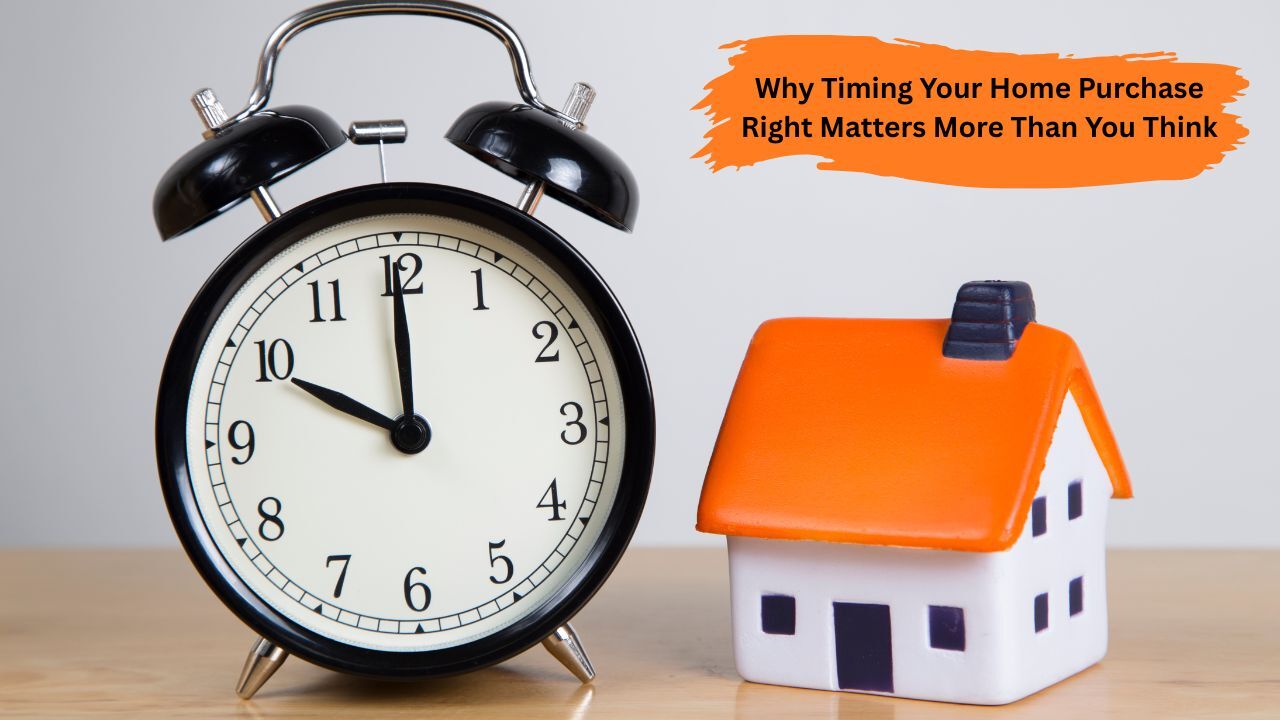
For many people, buying a home is one of the most significant financial decisions they’ll make in their lifetime. It’s easy to get caught up in the excitement of home shopping, but it’s crucial to consider more than just the aesthetic appeal of a property. Timing is everything, especially in the world of mortgages.
If you’re thinking about buying a home, it’s essential to understand how timing can impact your mortgage rate and overall purchasing power. Whether you’re a first-time homebuyer or a seasoned real estate investor, making your move at the right time could save you thousands of dollars in the long run.
Interest Rates and the Cost of Borrowing
The interest rate on your mortgage can make a huge difference in how much you’ll pay each month, and even more significantly, the total amount you’ll pay over the life of the loan. Mortgage rates fluctuate based on several factors, including the state of the economy, inflation, and the Federal Reserve’s monetary policy. In times of economic growth, mortgage rates tend to rise as the demand for borrowing increases, while in times of economic uncertainty, rates may fall to stimulate spending and investment.
Knowing when mortgage rates are at their lowest is key to saving money. Even a small difference in your interest rate can lead to big savings. For instance, on a 30-year loan, a rate that’s just 1% lower could save you thousands of dollars in interest over the life of the loan. If you’re in the market for a home, it’s wise to keep an eye on interest rate trends and consider locking in a favorable rate when possible.
Seasonality and Housing Market Trends
Just like mortgage rates, the housing market itself follows seasonal patterns. Generally speaking, spring and summer are considered the “hot” seasons for real estate. Families with school-aged children often want to move before the new school year begins, which leads to increased demand for homes. This surge in demand can drive up home prices, making it more competitive to buy.
On the other hand, the winter months tend to be quieter in terms of real estate activity. Fewer people are shopping for homes during the colder months, which may create opportunities for buyers to negotiate better deals and avoid bidding wars. While there may be fewer listings, homes that are on the market during this time might be more motivated to sell, which can work in your favor.
Personal Readiness and Financial Considerations
Timing isn’t just about the market – it’s also about you. Are you financially ready for the responsibility of homeownership? Assess your credit score, debt-to-income ratio, and savings for a down payment before jumping into the market. Lenders will evaluate these factors when determining the terms of your mortgage, so making sure you’re financially prepared can increase your chances of securing a favorable rate.
While you can’t control the housing market or interest rate fluctuations, you can time your purchase strategically and make sure you’re financially prepared for the long-term commitment. With the right timing and preparation, you’ll be able to find the best mortgage deal and ensure a smooth and successful home buying experience.